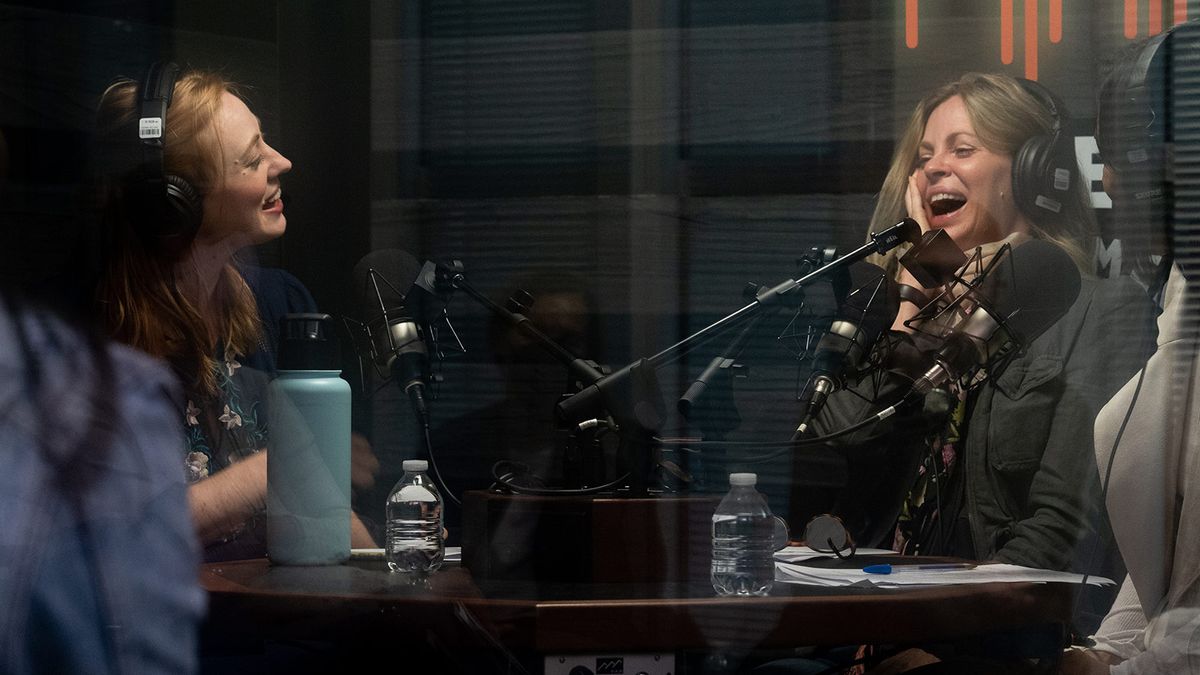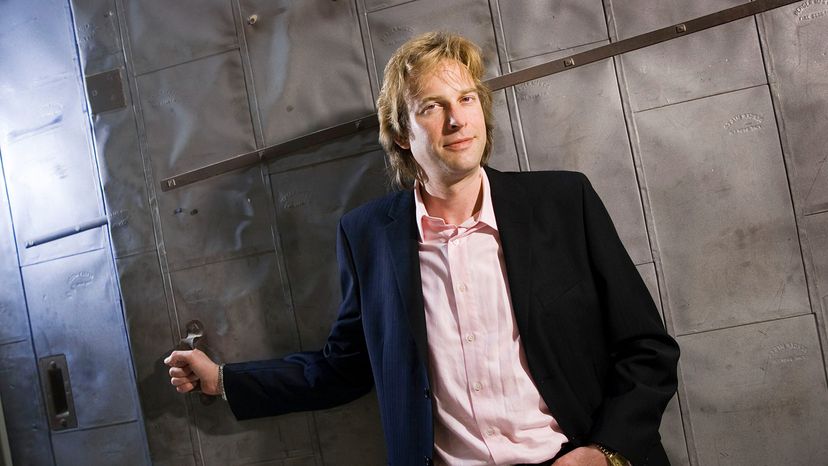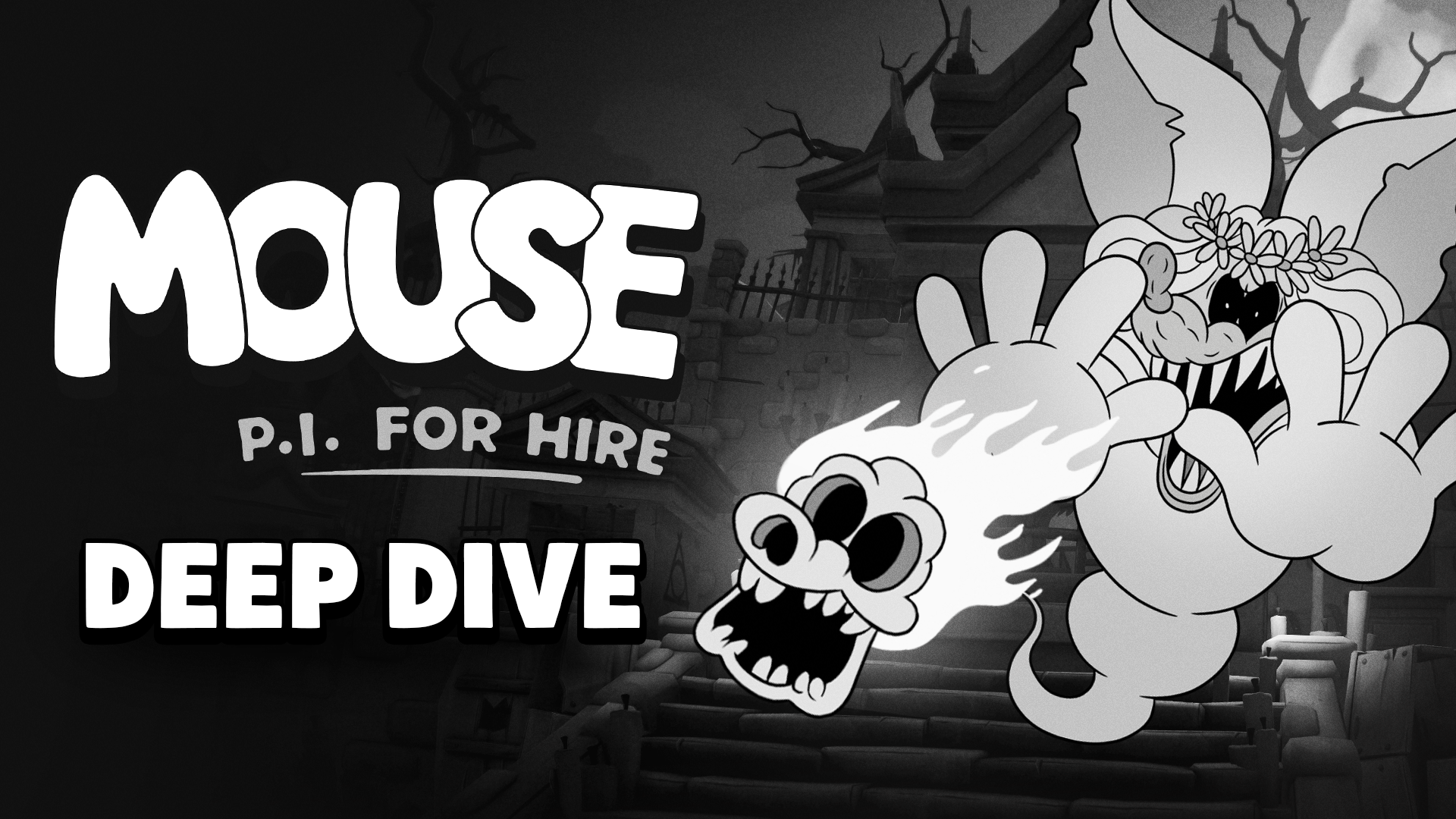

Podcasting was developed in 2004 by former MTV video jockey Adam Curry and software developer Dave Winer. Curry wrote a program called iPodder that enabled him to automatically download internet radio broadcasts to his iPod. Several developers improved upon his idea, and podcasting was officially born. Curry himself has gone on to host several popular podcasts, the most recent of which is a show called No Agenda.
Right now in the U.S., podcasting is free from government regulation. Podcasters don’t need to buy a license to broadcast their programming as radio stations do, and they don’t need to conform to the Federal Communication Commission’s (FCC) broadcast decency regulations. That means anything goes — from four-letter words to sexually explicit content. Copyright law does apply to podcasting, though. Podcasters can copyright or license their work — Creative Commons is just one online resource for copyrights and licenses.
Although several corporations and big broadcast companies have ventured into the medium, many podcasters are amateurs broadcasting from home studios. Because podcasters don’t rely on ratings as radio broadcasters do, the subject matter of podcasts can range from the refined to the silly to the excruciatingly mundane. Podcasters often cater to a niche group of listeners. By podcasting consistently on one subject, podcasters not only assert their expertise on the subject matter but also draw a loyal and devoted group of listeners.
Consider a few popular podcasts: Welcome to Night Vale is a show that updates you on the completely fictional yet rather eerie town of Night Vale. Or listen to the Mortified Podcast, in which adults read directly (and often awkwardly) from the pages of their teenage diaries.
Podcasts can be used for all sorts of purposes, like self-guided walking tours, talk shows, financial planning, sermons, fitness training, true crime features and so on.
Currently, the three most popular podcasts are “The Joe Rogan Experience” (long-form conversations hosted by comedian and UFC commentator Joe Rogan); “The Daily” (a daily news podcast from The New York Times); and “This American Life” (a weekly public radio show and podcast with a mix of documentaries, personal stories, and fiction pieces around a particular theme).
Podcasting has become a profitable business. In its 2021 State of the News Media Report the Pew Research Center found that about 41 percent of Americans over the age of 12 had listened to podcasts in the past month, up from 37 percent in 2020.
Many podcasts are supported by advertising, or by patrons who gain access to an ad-free podcast fee in return for a donation. Although large, traditional media companies leverage their brand and reputation for publicity, independent podcasts also achieve success using the same model. Advertising networks make it easier for advertisers to find shows that reach their target markets. Forbes reported that podcast ad dollars in the U.S. was projected to increase from $1.4 billion in 2021 to $4 billion by 2024.
Some independent podcasts have been working together to form their own media collectives, including Pushkin Industries and Radiotopia from PRX. In the 2020s, however, larger media and tech companies have begun purchasing successful individual podcasts or collectives with the intent of making them exclusive properties. IHeartRadio purchased Stuff Media, the HowStuffWorks podcasting business, in 2018. Spotify acquired Gimlet in 2019. Amazon purchased Wondery in 2020. In 2021 Apple Podcasts announced an update to its podcasting app that provides access to its own premium podcast subscriptions.






